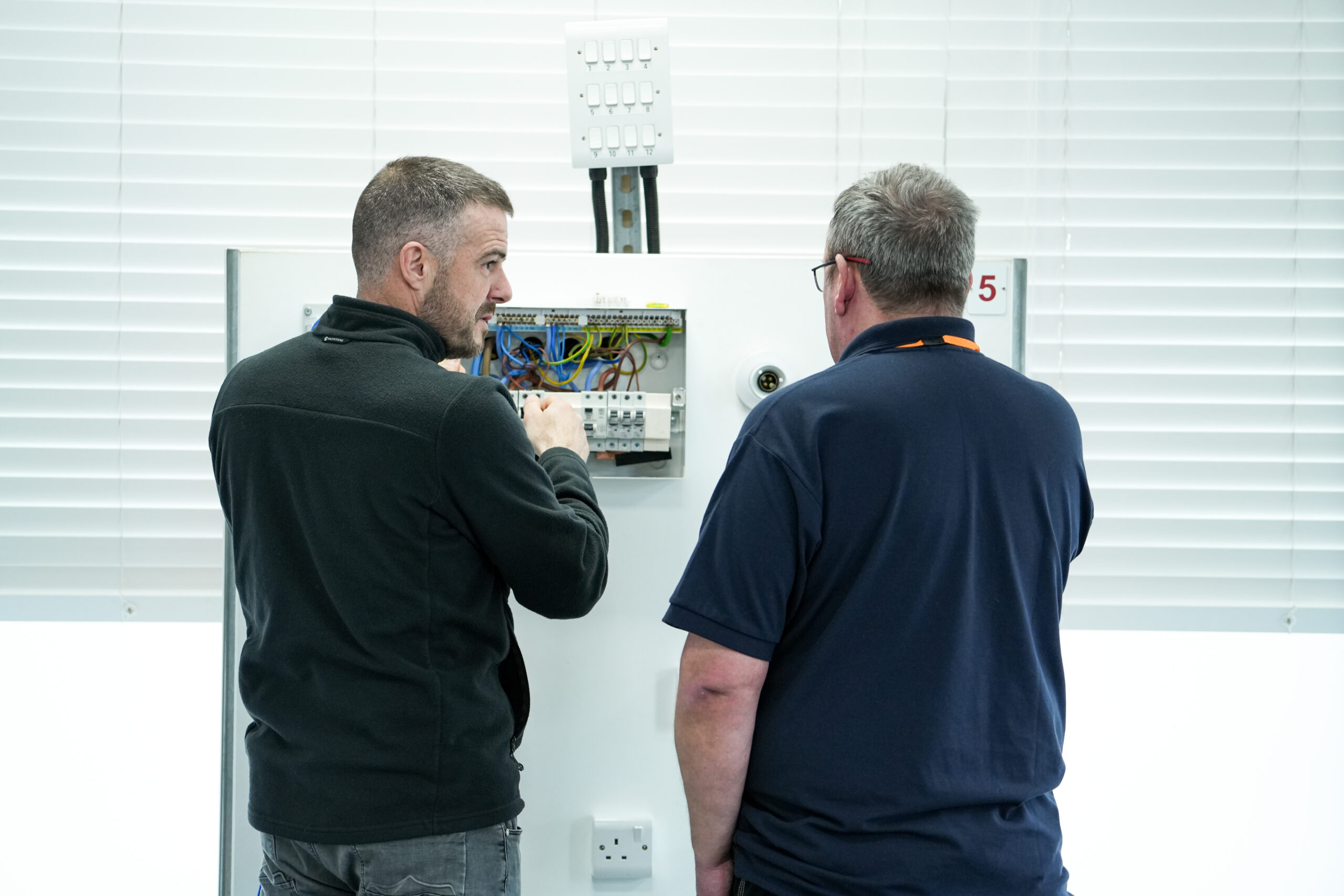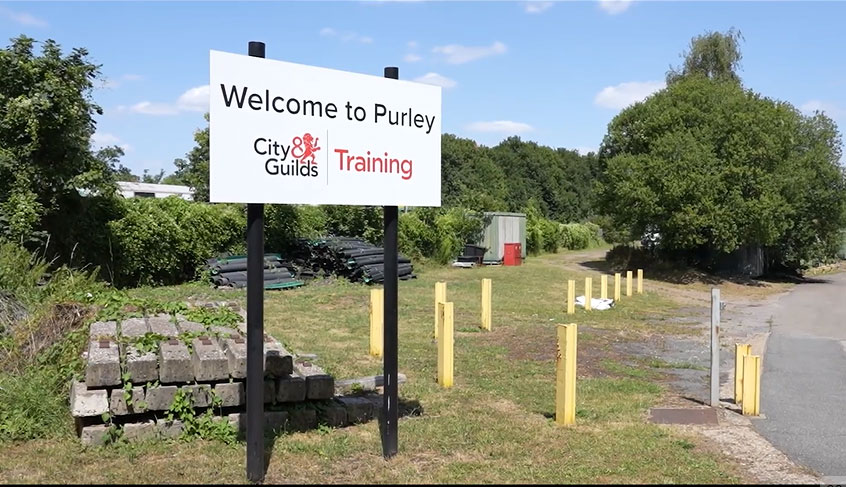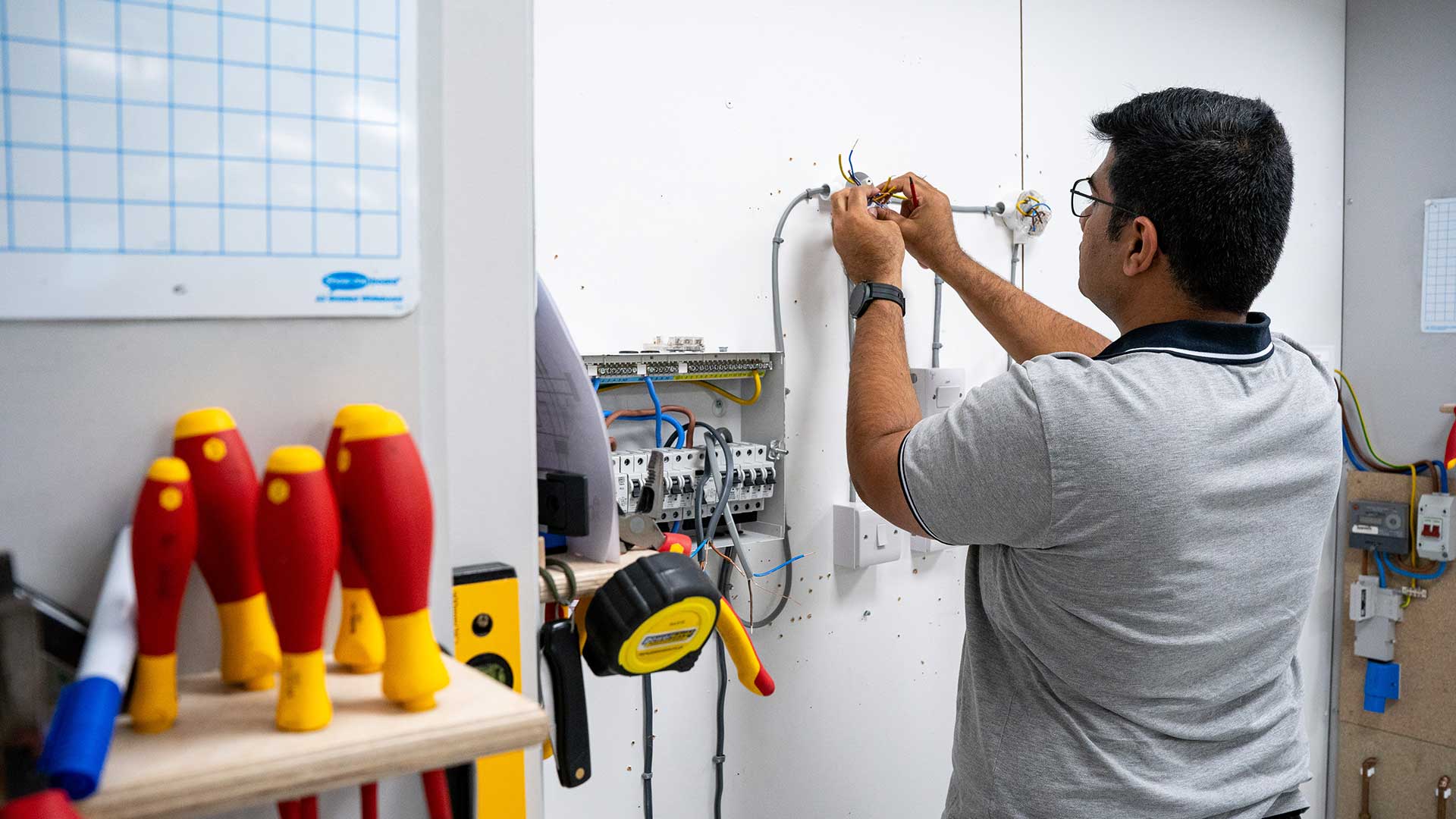A Labour Market Report published earlier this year has estimated that an additional 15,000 fully qualified electricians will be required in the next five years, thanks to predicted growth in the construction industry. The research goes on to further suggest that even with a 33% increase in the number of new apprentices (approximately 5,000 more than currently qualify) there would still be a shortage of up to 10,000 electricians. While the report concentrated solely on new demand thanks to sector expansion, here at Trade Skills 4U we’ve previously covered how an aging workforce could lead to a shortage of electricians.
The JIB’s own Labour Report from 2012 noted that almost 20% of electricians registered with them were over 56 years old, whilst research compiled by Pye Tait showed;
– 450 electrotechnical companies surveyed
– These accounted for 19,000 employees
– Largest proportion workforce is between 25 and 49 years old
– Only 15% of the workforce in England and Wales are under the age of 25
The lack of apprentices
The number of apprentices currently recruited each year is insufficient to replace retirees while still meeting increased demands. Those employers surveyed cited various barriers to further recruitment. They believe more needs to be done to widen the potential pool of applicants as well as the calibre and diversity of new entrants. For example, through further development of alternative routes into the industry for college leavers, career changers and others from older age groups, such as the Trade Skills 4U C&G 2365 Level 2 & 3 Diploma.
Thanks to the report and its findings, The Electrotechnical Skills Partnership is now developing an industry action plan to tackle the issues raised. Work includes the development of new careers resources, promotion of industry-recognised qualifications and activity to forge closer ties with both public and private further education. TESP was formed in 2014 in response to changes in the skills landscape, notably a desire from the government to put education and training firmly in the hands of employers.


Ruth Devine, chair of TESP, said: “Future success will hinge on the active participation and support of other stakeholders, including Government departments and agencies, training providers, and other sector bodies”.
It’s no secret that the construction sector in the UK has been in the grips of a prolonged skills shortage in recent years. While the shortage hit its worst recorded level in early 2018, it is expected to further decline over the coming years.
Difficulty in recruiting
The Federation of Master Builders has found that construction companies have been struggling to recruit skilled tradespeople such as electricians, with demand for these skills far outstripping supply. As a result of this skills gap, the FMB said that wages are rising sharply for skilled trades. This is certainly supported by the Trade Skills 4U Annual Salary Survey, which found the average annual earnings for an electrician in 2018 was £30,784 – higher than any other discipline in the construction trade.
According to Brian Berry, chief executive of the FMB, “the lack of sufficient skilled tradespeople contrasts sharply with the government’s ambitious target of building 300,000 homes every year in England alone”.
Opportunities for development
Steve Brawley, JIB Chief Executive said of the report “apprenticeships and programmes to upgrade the skills of individuals already working in our industry are the key to success” while Ian Woodland, National Officer for Construction at Unite the Union said “As well as increasing opportunities for young people to enter the industry into highly skilled, well-paid jobs, the need to bridge skills gaps and address the continuing professional development of the existing workforce is important.”
With this in mind, Trade Skills 4U not only offers courses for new entrants and career changers, our Business Division offers bespoke courses for companies who need to upskill or re-skill existing electrical staff.



























